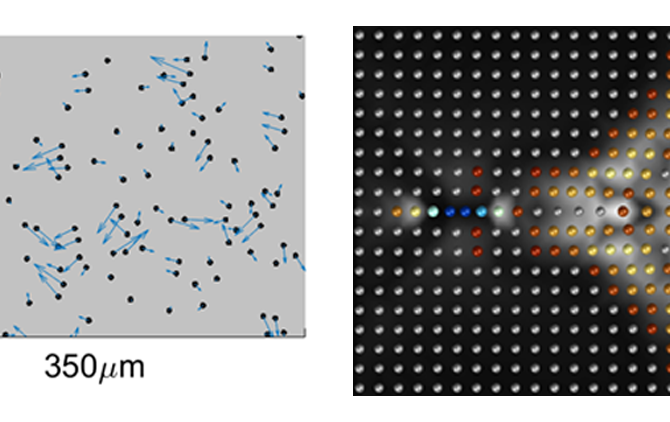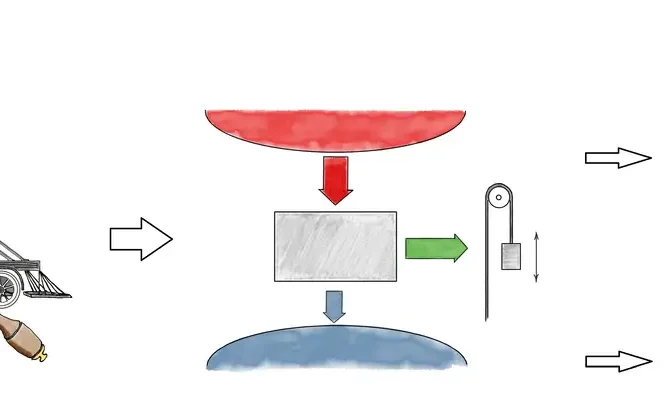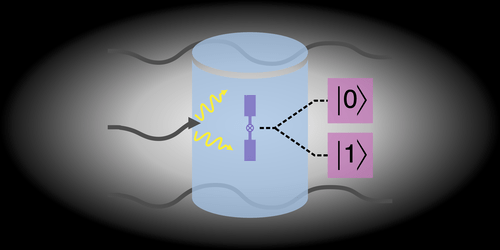Researchers at Colorado State University and at the Department of Energy’s (DOE’s) Oak Ridge National Laboratory (ORNL) have probed a material called ytterbium silicate to better understand fundamental quantum behaviors.
They believe ytterbium silicate, the only magnetic material based on a rare-earth element that shows evidence of a Bose-Einstein condensate, may hold the key to understanding quantum phenomena in other magnets based on rare-earth elements. The Bose-Einstein condensate, also known as a BEC phase, is a quantum fluid in which particles stop behaving like individual entities and instead behave like waves moving in sync with one another across the fabric of a single, unified system. It’s unlike any solid, liquid, gas, or plasma and appears only at temperatures close to absolute zero. (Phyx.org)



